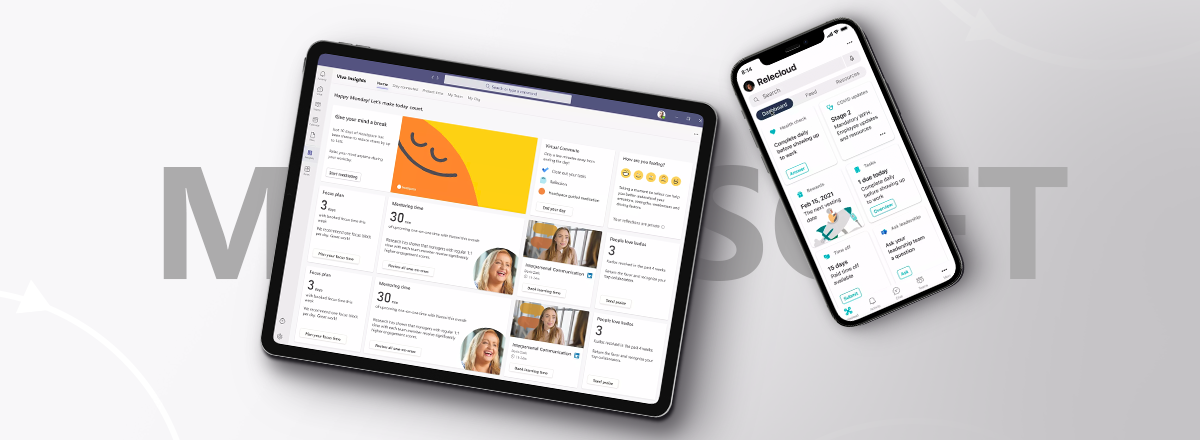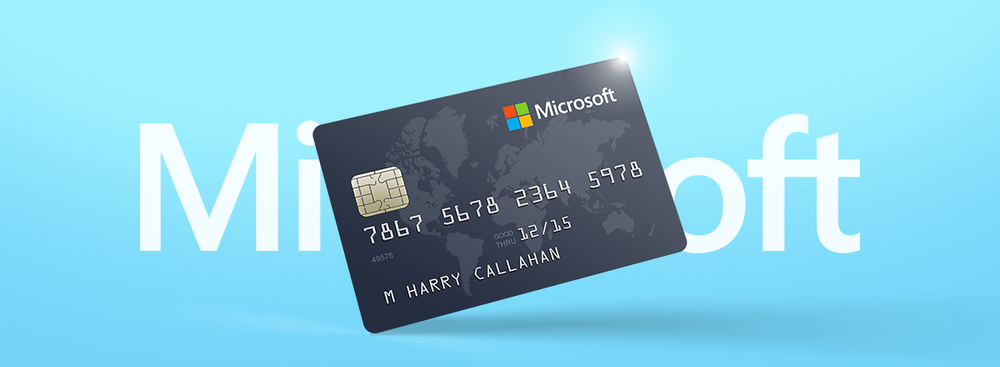The shift to remote work made major tech companies rethink their benefits system as more and more employees feel more burnt out during the pandemic and quarantine than before.
In an effort to rethink benefits during the lockdown, Microsoft introduced Perks Plus package with remote perks for employees to prevent them from burning out while working remotely at home. Perks Plus is a wellness program that allows the company’s employees to spend $1,200 per year on hobbies and activities that will support and improve their mental, physical, and financial well-being.
The benefits program aims to combat remote work burnout and continues Microsoft’s previous Stay Fit project, which allowed employees to receive $800 a year to spend on fitness and health-related purchases. However, Perks Plus is not limited to just these categories and significantly expands the types of purchases Microsoft’s employees can make.

Within the new Microsoft benefit program, its employees will be able to spend money on any activities or goods that will help them not to burn out at work. This, in particular, applies to educational courses, gardening supplies, student loans, and everything you need for your own projects.
However, this money cannot be used to buy, for example, an electric scooter or a plane ticket, since the company does not consider them something that can contribute to one's mental or physical well-being. It is also forbidden to buy weapons, game consoles, or board games.
The new corporate program will run until at least 2022.

In addition to its Perks Plus benefits program, Microsoft has also introduced a more flexible work policy that will continue even after the pandemic ends. Microsoft will provide more flexibility for employees to choose where and how often they work. That is, employees will have an opportunity to work remotely less than 50% of the week once they can get back to offices or ask for their manager’s approval of them working from home all the time. Staff can also move to a new location, with salaries adjusted based on geography.
In May, Twitter said that employees whose job does not require a physical presence in the offices could work remotely forever. A month later, Slack offered its workers a similar option.
Microsoft’s model is similar to Facebook’s, which lets employees work remotely with their manager’s approval and move to other locations.
















